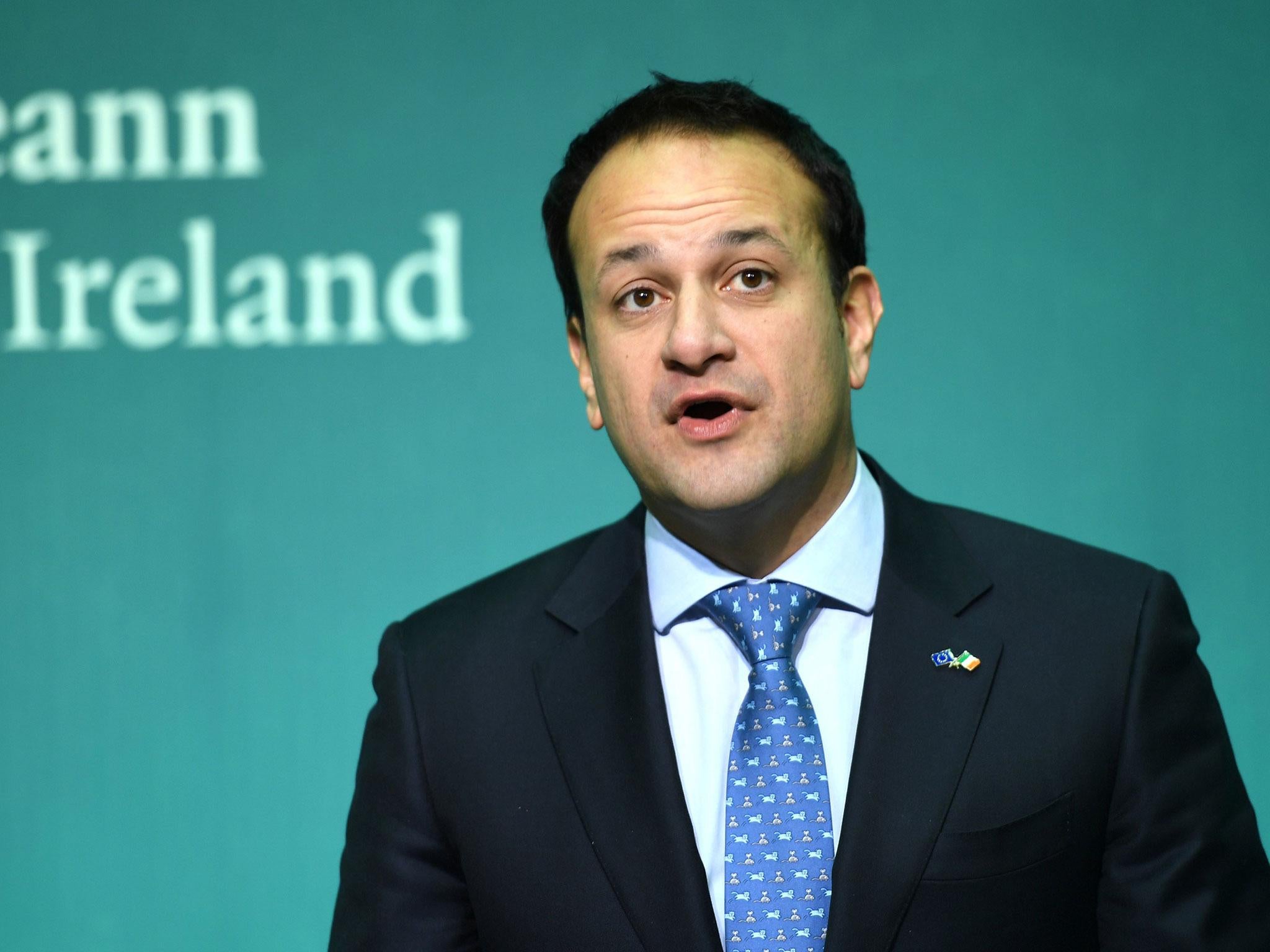Leo Varadkar 'sees a place for' rural resettlement scheme to ease Ireland's housing crisis
Move would only be “part” of the solution to shortage, says Taoiseach

Your support helps us to tell the story
Our mission is to deliver unbiased, fact-based reporting that holds power to account and exposes the truth.
Whether $5 or $50, every contribution counts.
Support us to deliver journalism without an agenda.

Louise Thomas
Editor
A voluntary rural resettlement scheme could be considered to help address Ireland's housing crisis, Leo Varadkar has said.
Such a scheme would see families moving from local authority housing in congested urban areas to homes in rural Ireland.
The Taoiseach said the move would only be “part” of the solution to the housing shortage.
“It’s eminently logical that parts of the country where there’s been rural depopulation, where there are properties available, where there are places in schools, where there are services available, I can certainly see a place for a rural resettlement scheme,” said Mr Varadkar.
“But I think it would only be a small part of the solution because ultimately as people leave the cities and move to a very rural area, they are often breaking their connections with their family and their neighbours and the people that they know.
“That’s not always an easy thing to do. So certainly I think there’s room for it. Obviously, it would have to be voluntary and maybe part of the solution, but I don’t think it’s going to be a major part of it,” he added.
A second housing conference involving local authorities is due to take place in early January amid claims from campaigners that the homelessness crisis in Ireland has worsened
This autumn there were 1,463 families accessing emergency accommodation, including children.
The housing conference, which follows on from the first one in September, will examine how local authorities can use their powers to bring vacant housing back into use.
Mr Varadkar said that work has been done on a vacant home tax to help address the crisis, and that work is expected to be completed next year.
But he warned that it “isn’t as straightforward as it seems”.
“There are wildly varying estimates as to what a vacant home is. And then bear in mind why sometimes a home is vacant, somebody might be away for a few months working in Dubai or working in America, or somebody may be in a nursing home. There’s lots of different reasons why a home may be vacant,” he said.
Mr Varadkar added that before vacant properties are taxed an understanding is needed as to the number of vacant homes there really are, where they are and why they are vacant.
“I know two local authorities have actually gone out to look at the vacant homes and find out there are people living in them, so there may not be as many as we think,” he said.
In its attempts to address the housing crisis, Louth County Council used compulsory purchase orders (CPOs) to bring 51 vacant properties back into use.
Mr Varadkar said he believes that is a good model which could be followed in the future.
PA
Subscribe to Independent Premium to bookmark this article
Want to bookmark your favourite articles and stories to read or reference later? Start your Independent Premium subscription today.
Join our commenting forum
Join thought-provoking conversations, follow other Independent readers and see their replies
Comments